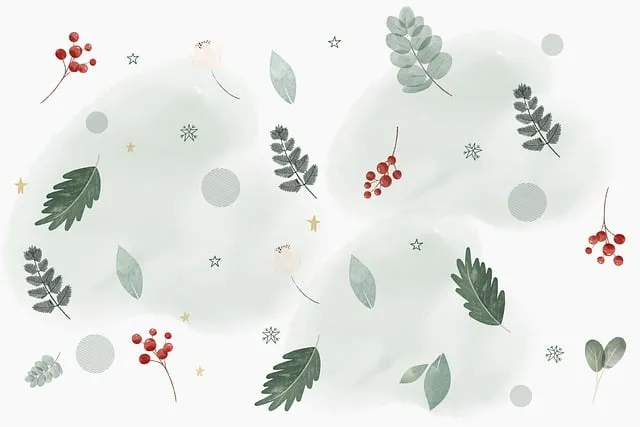
Translating....
Sweet Bird That Shunn'st

Understanding the Quote: "sweet bird that shunn'st the nose of folly, most musical, most melancholy!..."
This quote by John Milton reflects deeply on the theme of song. It connects to the universal human journey of purpose, motivation, and reflection. Often categorized under Song, Sweet, Bird, the quote offers insight, emotional clarity, and intellectual inspiration to readers worldwide.
Whether you’re a student exploring new ideas, a leader trying to motivate your team, or someone seeking direction in life — this quote provides value. It resonates because it’s more than words — it’s a bridge between experience and wisdom. It shows how John Milton interprets life's core challenges and triumphs.
Lessons From the Quote
This quote teaches resilience and focus. It reminds readers that no matter where they stand in life, reflection and self-awareness lead to growth. Each word has meaning, and when studied, it becomes clear how impactful thoughtful language can be.
About John Milton
John Milton is celebrated for insightful thoughts on song and sweet. Their legacy lives on through writings that guide, comfort, and inspire. Discover more on their profile page.
Actionable Takeaways
- Reflect on how this quote applies to your current life path.
- Share the message with someone who needs inspiration.
- Write your thoughts on this quote in a journal or blog post.
- Use it as a daily affirmation or reminder.
Closing Thoughts
Quotes like this endure because they capture universal truths. They comfort us in solitude and empower us in groups. Carry this quote forward — live by its wisdom, share its message, and keep its essence alive.





